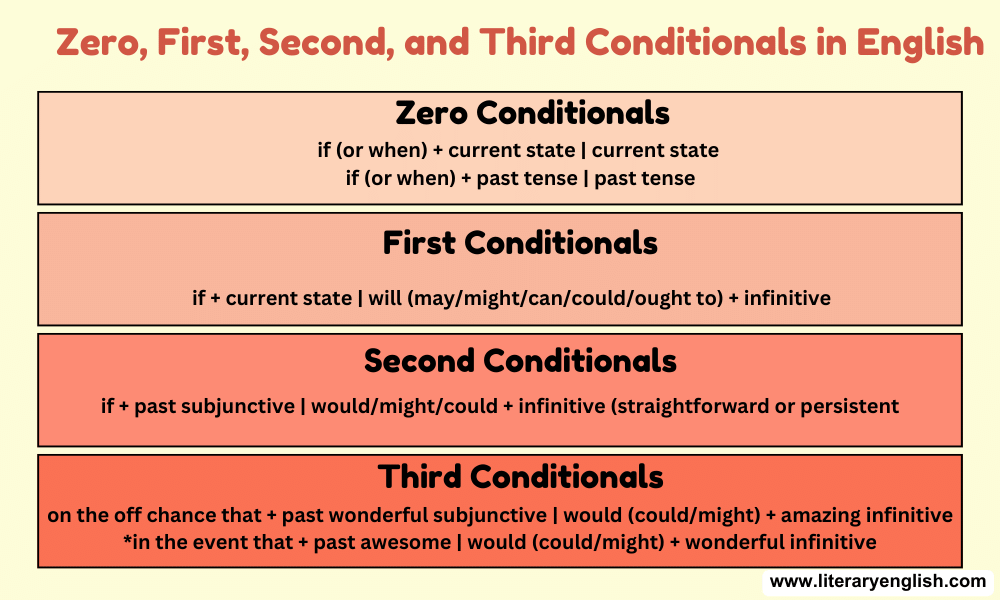Would, Could, and Should are termed as auxiliary verbs or modal verbs and are part of our day life conversation. …
Grammar
Active Voice and Passive Voice | A Complete Guide
Active voice sentences are the sentences where a subject of a sentence that acts upon its verb on the other hand, passive …
Direct and Indirect Speech in English | A Complete Guide
Direct and indirect speech are two ways to report what someone else has said. In direct speech, the exact words …
Differences Between Will and Would: Modal Verbs
Will and would are modal auxiliaries in English grammar that are frequently used in sentences and are a central part of English grammar. Both …
Zero, First, Second, and Third Conditionals in English
What Are Conditional Sentences? Conditionals are important in the English language since they assist us with communicating things that might …
The Same Word Acting As a Different Part of Speech
English words are divided into different parts of speech. Generally, we divide words into eight parts of speech: noun, pronoun, …
Difference Between Will and Shall: British vs. American
Will and shall both are modal verbs or auxiliary verbs and used with the main verb to elaborate the function …
Why “d” Makes /j/ Sound in Words like EDUCATION?
It is a common process in development of language over time. When two consonant sounds are adjacent, the first is …
Definition and Types of Determiner | Parts of Speech
Definition of Determiners There are major content words in English as nouns, verbs, adjectives and adverbs, and minor function words …
Definition and Types of Interjection | Parts of Speech
What are Interjections? Interjections are the words or group of words that are used to express and exclaim extreme emotions. …









